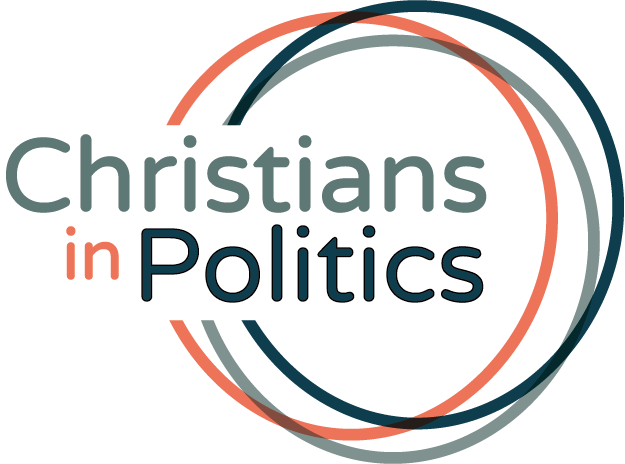The Liberal Democrat Party
The Liberal Democrat Party is the main ‘centre’ party in British politics. The party seeks to establish a fair, free and open society where all people are treated equally. The Liberal Democrats see the role of government as supporting people to contribute to society and better their communities.
A brief history
The Liberal Party was born out of the Whig Party who were popular among Christians as they promised religious freedom to Christians who weren’t members of the Church of England. As such, the Liberal Party has had strong ties with the Catholic and nonconformist (non-CofE) churches. In the late 1800s, under the leadership of William Gladstone (an evangelical Christian) the Liberal Party was largely made up of nonconformists and was particularly prominent in Wales which had recently experienced a ‘revival’ amongst its churches.
Today’s Liberal Democrat Party was formed in 1988 as the Liberal Party and the Social Democratic Party (a breakaway of the Labour Party) merged. The first leader was Paddy Ashdown who established the party as a credible alternative to Labour and the Conservatives.
The party gained 46 seats in parliament in the 1997 General Election, marking its first real gain into parliament and into British politics. In 1999, Charles Kennedy became leader, furthering the party’s popularity due to his strong opposition to the Iraq war and his call to reform what he saw as the outdated way Britain does politics.
Menzies Campbell took over the leadership of the party in 2006 continuing to modernise the party’s organisation and policies. He was then followed by Nick Clegg in 2007 who formed a coalition with the Conservative Party following the 2010 election making himself Deputy Prime Minister.
Nick Clegg continued to push for reforming the political system including getting rid of unelected members of the House of Lords and changing the rules on how we elect governments. He also is a supporter of staying in the EU and sees stronger ties across the continent as being beneficial to Britain.
In the 2015 General Election, the Liberal Democrats saw a huge reduction in the number of MPs returning to Westminster and the resignation of Nick Clegg. Today, the Liberal Democrats have just 8 MPs, down from 57 at the last election. This doesn't appear to be the end of the story, however, as membership of the Liberal Democrats has increased dramatically since the 2015 Election defeat, and their new leader Tim Farron hopes to lead the Lib Dem Fightback. As a committed Christian, Tim Farron has been inspired by his faith to show up in politics in order to serve others.
Following Farron’s resignation in 2017, Vince Cable took over leadership of the party as they became the only UK wide party categorically opposing Brexit. Under this platform the party saw its most successful election since 2010 as they gained 15 seats in the European Parliament Elections.
In 2019 Vince Cable stood down as he decided to retire and was succeeded by Jo Swinson. As the youngest leader of the party ever she took the anti-Brexit message into the 2019 general election, but lost her seat and was disqualified for being leader. The Party is currently undergoing a leadership election.
Visit the Liberal Democrat Party website: www.libdems.org.uk
Based on academic research, fascinating book detailing the interface between the Liberal Democrat Party and Christianity.


